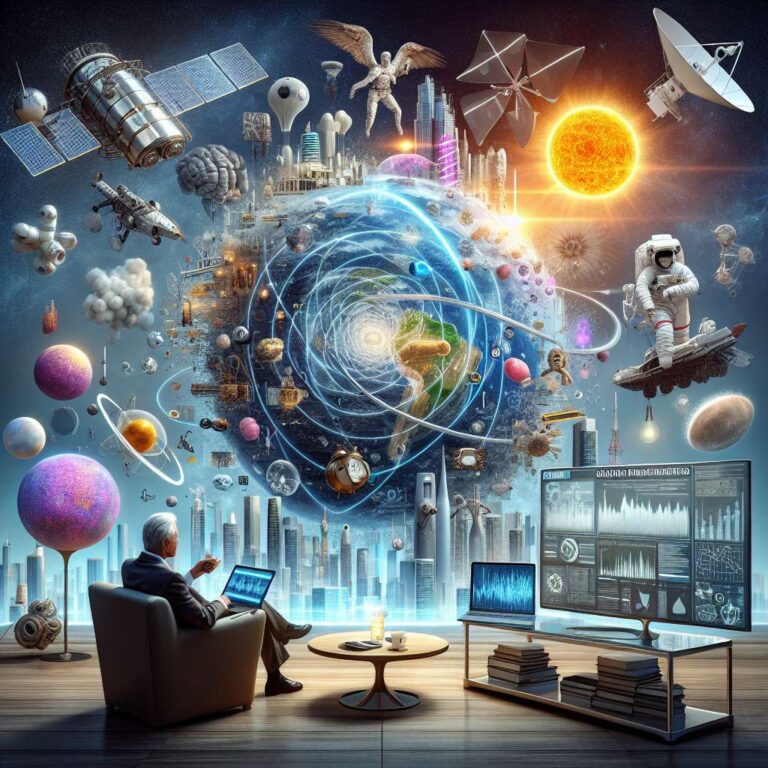MIT Technology Review’s latest “body issue” explores how science and technology could redefine the human body. Highlights include a look at a nascent field that claims the ability to predict aesthetic traits, intelligence, and even moral character in embryos, raising profound ethical questions. The package also examines how aging clocks may illuminate why we age and whether reversal is possible, profiles stem-cell scientist Jacob Hanna’s efforts to coax early animal body structures directly from stem cells, and delves into how our muscles form a cellular memory of exercise.
The newsletter also spotlights a new MIT Technology Review Narrated episode on how Starlink is ending Antarctica’s history of isolation. A construction specialist at New Zealand’s Scott Base, Matty Jordan, posted a viral video tour of Ernest Shackleton’s 1907 expedition hut, something that would have been nearly impossible before high-speed satellite internet. The narrated story is available weekly on Spotify and Apple Podcasts.
In the day’s must-reads, OpenAI launched Atlas, a web browser with an Ask ChatGPT sidebar and an agent mode for completing tasks. Atlas runs on Chromium, and the company argues the future of web browsing will involve chatting with an interface, adding to broader debates about how Artificial Intelligence could upend internet search. Geopolitics also loomed, with China reportedly demanding sales data from US chip suppliers as part of a probe. Meanwhile, prominent Artificial Intelligence pioneers, including Geoffrey Hinton and Yoshua Bengio, joined calls to ban superintelligent systems, a statement also signed by notable Chinese scientists.
Other items include Anthropic asserting its Artificial Intelligence is not “woke,” despite criticism from a Trump administration official, while its CEO says the company shares the administration’s goals. Research and policy threads continue with climate scientists expecting more attempts at solar geoengineering despite significant risks and lessons from a failed Harvard experiment. Platform shifts feature YouTube’s new likeness detector to combat Artificial Intelligence doppelgängers without guaranteeing removal, and growing worries that bots and “Artificial Intelligence slop” threaten Reddit’s human-centered discussions, echoing employer concerns about “workslop.” The roundup also notes that Artificial Intelligence models trained on low-quality, Artificial Intelligence-generated data produce similarly poor output, the rise of an Artificial Intelligence-powered pet toy called Moflin that becomes more expressive, and the observation that many roles in the Artificial Intelligence sector do not require deep expertise. An investor quipped that Google’s work on Transformers and Chromium may ultimately weaken its search dominance in light of OpenAI’s browser push.
One more thing: researchers are developing a sensor for farmworkers that tracks multiple vital signs to anticipate heat illness and issue alerts. If widely adopted and used consistently, it could improve safety for outdoor laborers even in the absence of strong heat protections.

